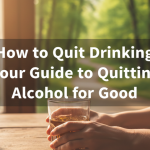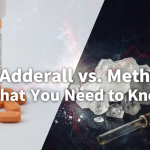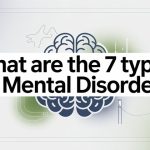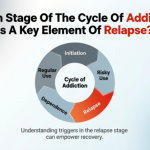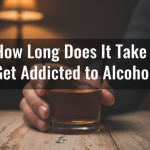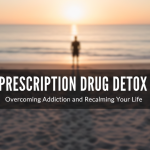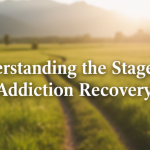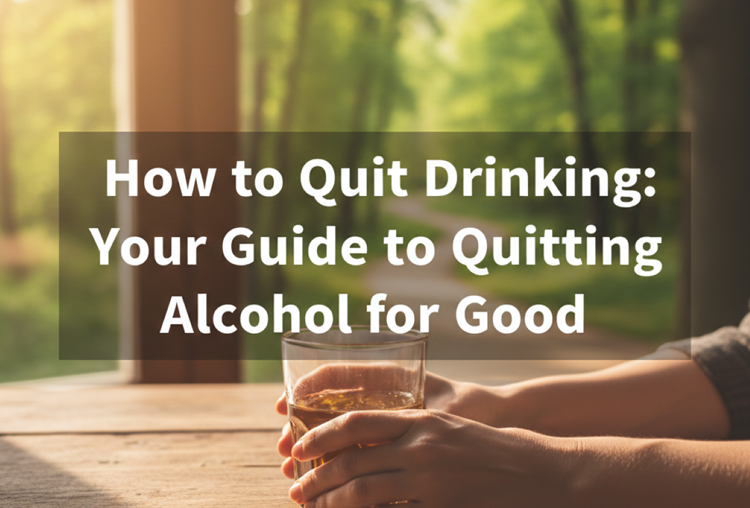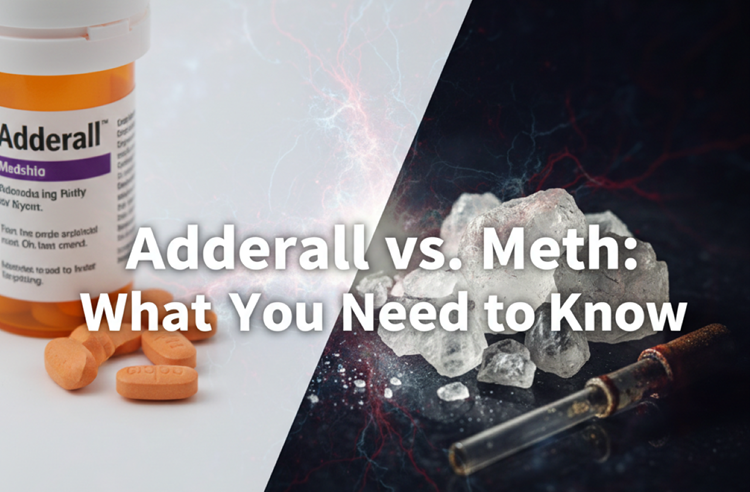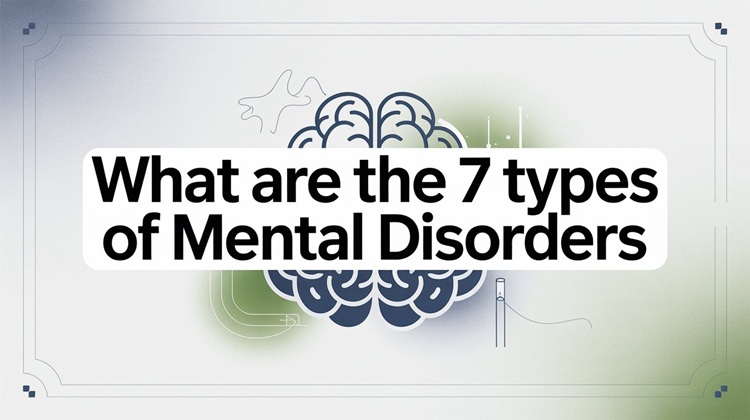Millions of people in the United States abuse opioids and become addicted to them. Research from 2021 showed about 8.7 million people reported misusing prescription opioids. Of those, about 5 million had developed opioid addiction.
Percocet is a commonly prescribed opioid drug. It has a high risk of misuse and physical dependence. People who develop opioid addiction require comprehensive treatment, beginning with a medical detox program, to stop using them.
Opioid detox can include physical withdrawal symptoms and psychological symptoms. This article will explore what to expect during Percocet detox. You will learn:
- The signs of Percocet addiction
- What physical and psychological symptoms occur during withdrawal
- How long Percocet withdrawal lasts
- What treatment is available throughout the withdrawal timeline
- Where to find comprehensive detox and treatment programs
If you or someone you love struggles with Percocet abuse or addiction, find treatment at Solutions Healthcare. Our comprehensive, evidence-based programs provide the treatment and support people need to overcome opioid use disorder and move forward. Contact our intake team for more information or to schedule an intake appointment.
What is Percocet?
Percocet is a powerful prescription pain reliever. It contains two pain-relieving ingredients: oxycodone and acetaminophen. Doctors may prescribe it to help patients manage moderate to severe pain.
Opioids like Percocet work by binding to receptors in the brain in areas related to pain control, emotional regulation, and reward. Opioids are effective painkillers, but they have the potential for abuse and addiction.
The Drug Enforcement Agency (DEA) classifies Percocet as a Schedule II drug, meaning it is addictive but has a medical purpose. Medical professionals often prescribe Percocet for short-term use to reduce the risk of addiction.
Recognizing Percocet Addiction
People may develop symptoms of dependence, even when using Percocet as prescribed. Physical dependence is more common among those who misuse it.
Misusing Percocet can lead to tolerance. People who develop tolerance to a specific dose of Percocet may need to take more to get the desired effects. This can lead to physical dependence.
Recognizing abuse and addiction can help you get treatment quickly. Some signs of Percocet misuse and addiction include:
- Physical symptoms, including excessive yawning, watery eyes, and dilated pupils
- Using more Percocet than prescribed (taking higher doses or taking it more often than prescribed)
- Making symptoms so doctors will prescribe Percocet
- Having more than one prescription for Percocet from multiple doctors
- Neglecting responsibilities, hobbies, and relationships because of Percocet abuse
- Experiencing legal, social, or financial trouble related to Percocet abuse
- Feeling anxious about running out of Percocet
Percocet abuse can change how your brain and body function. These changes make it almost impossible to stop using opioids. Most people with opioid abuse and dependence require treatment from a detox center to stop using these drugs safely.
100% Confidential Support is Available 24/7
No matter what you’re going through, you’re not alone. Our dedicated team is here to provide a safe, judgment-free space where you can talk openly and honestly. Whether you need emotional support, resources, or just someone to listen.
We’re here for you—completely confidential and always respectful of your privacy. Call us today!
Percocet Withdrawal Symptoms
When someone with Percocet dependence stops taking it, they may experience a range of withdrawal symptoms. The symptoms of withdrawal vary from person to person but may include:
- Depression and anxiety
- Nausea
- Diarrhea
- Watery eyes
- Intense cravings
- Insomnia
- Stomach cramps
- Excessive sweating
- Headaches
- Loss of appetite
- Muscle aches
- Runny nose
Opioid withdrawal is rarely life-threatening. However, the intense physical and psychological symptoms of opioid withdrawal can be very challenging. People who attempt to detox independently have a high risk of relapse.
Contact Solutions Healthcare
Battling with Drug and Alcohol Addition? Remember, you are not alone and we are here to help you!
How Long Does Percocet Withdrawal Last?
In many cases, a comprehensive opioid addiction treatment program begins with a medically-supported detox program. Detox programs provide tailored treatment throughout the stages of withdrawal.
Here is an overview of what to expect during each stage of withdrawal.
The first 24 hours
Withdrawal symptoms may begin within 24 hours after the last dose of Percocet. Many people experience physical symptoms, including:
- Nausea
- Loss of appetite
- Insomnia
- Body aches
- Headache
- Intense cravings
The severity of these symptoms puts people at high risk of relapse. A relapse during detox is more likely to lead to a life-threatening opioid overdose.
Day two
Symptoms are likely to worsen during the second day of detox. New symptoms may develop, including:
- Excessive sweating
- Severe stomach cramps
- Runny nose
New and worsening symptoms increase the risk of relapse. Medical and emotional support are essential to help people stay on track in detox.
Day three
The third day without opioids may bring new symptoms that test your mind and body. New symptoms may include:
- Flu-like body aches
- Intense nausea and vomiting
- Diarrhea
Medical support, including supervision, medications, and other treatments, can ensure safety during this stage. People may receive medications to help them manage nausea, fluids for hydration, and emotional support. This care can help people avoid relapse and stay safe throughout detox.
Day four and beyond
Physical symptoms may begin to improve on or around the fourth day of detox. Symptoms may continue to improve over the next week. However, many people continue to experience anxiety, agitation, and cravings for several weeks.
Medical and mental health support can keep people safe and motivated throughout the detox process. It is essential to find evidence-based treatment and ongoing support to help you manage opioid detox.
Detox Treatment During Percocet Withdrawal
Opioid detox programs provide evidence-based and holistic support for your body and mind throughout Percocet withdrawal. Medical and mental health professionals will monitor your withdrawal symptoms and provide treatment to help you detox safely.
A detox treatment plan may include:
- Medications to reduce cravings, manage pain safely, and help with anxiety and sleep
- Emotional support, including individual and group therapy
- A safe, secure environment
- Mental health care
- Round-the-clock supervision and access to treatment
- Holistic therapies to soothe the mind and body, such as mindfulness and nutrition support
After detox, it is critical to continue treatment. Comprehensive treatment programs can help people explore and address the roots of their substance abuse. They can help people learn how to prevent relapse and work toward the future they choose.
Find Treatment Now
If you or someone you love lives with opioid abuse or addiction, you are not alone. Reach out to the Solutions Healthcare specialists to explore your treatment options or to schedule an intake appointment. Contact us today to begin your journey toward a healthier future.
References
- National Institute of Health (NIH): What is the scope of prescription drug misuse in the United States?
- U.S. Food and Drug Administration (FDA): Percocet
- National Institute of Health (NIH): Review article: Effective management of opioid withdrawal symptoms: A gateway to opioid dependence treatment







